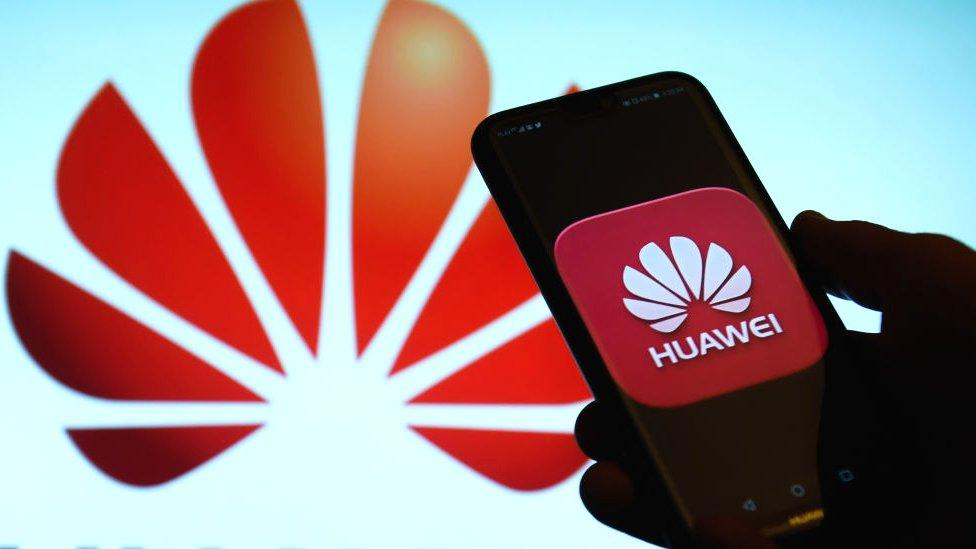FTC Sues Uber Over Alleged Deceptive Subscription Practices with Uber One
- Flexi Group
- 11 minutes ago
- 3 min read
The Federal Trade Commission (FTC) has filed a lawsuit against Uber, accusing the ride-hailing giant of enrolling users in its Uber One subscription service without proper consent and then making it excessively difficult for them to cancel. The legal action marks the latest in a series of moves by the U.S. government targeting major tech companies, and it stands as the first major step by the FTC since President Donald Trump removed two Democratic commissioners from the agency in March.

The complaint, filed on Monday, outlines how Uber allegedly misled users into joining its $9.99 per month Uber One program, which it marketed as offering savings on rides, deliveries, and other services. According to the FTC, Uber charged users during what was supposed to be a free trial period and then obstructed cancellation efforts by requiring customers to navigate through as many as 30 screens. The agency argued these actions harmed consumers and violated both the FTC Act and the Restore Online Shoppers’ Confidence Act (ROSCA).
“Americans are tired of getting signed up for unwanted subscriptions that seem impossible to cancel,” said FTC Chairman Andrew N. Ferguson in a statement issued Monday. “The Trump-Vance FTC is fighting back on behalf of the American people. Today, we’re alleging that Uber not only deceived consumers about their subscriptions, but also made it unreasonably difficult for customers to cancel.”
Uber has strongly denied the allegations. In a statement, the company said it “does not sign up or charge consumers without their consent, and cancellations can now be done anytime in-app and take most people 20 seconds or less.” A spokesperson added, “We are disappointed that the FTC chose to move forward with this action, but are confident that the courts will agree with what we already know: Uber One’s sign-up and cancellation processes are clear, simple, and follow the letter and spirit of the law.”
This case adds to an escalating wave of federal enforcement actions against tech titans. Just last week, a judge ruled that Google had broken antitrust laws with its dominance in digital advertising. Meanwhile, Meta CEO Mark Zuckerberg took the stand to defend Facebook’s past acquisitions of Instagram and WhatsApp, as prosecutors argued those deals damaged fair competition and should be undone. While the Trump administration has generally deprioritized consumer protection, it has kept up its scrutiny of some major tech firms.
The Uber lawsuit is also significant for being the FTC’s first major move after the high-profile dismissal of Democratic commissioners Alvaro Bedoya and Rebecca Kelly Slaughter. Their removal eliminated the agency’s bipartisan leadership, making it easier for the administration’s Republican-appointed commissioners to advance their agenda. Bedoya and Slaughter have since filed a lawsuit challenging their termination, labeling it “illegal” and asserting that the FTC cannot legally function with leadership from only one political party.
Despite the political turbulence at the top, the FTC proceeded with its legal filing in the U.S. District Court for the Northern District of California. The agency alleges five separate violations related to Uber’s subscription practices: misrepresenting the ease of cancellation, charging customers without consent, failing to provide required disclosures, neglecting to obtain informed consent before billing, and not offering a straightforward way to cancel recurring charges.
The FTC is seeking a permanent injunction to stop Uber from committing further violations of the FTC Act and ROSCA, along with any monetary relief the court sees fit.
By fLEXI tEAM
.png)
.png)







Комментарии